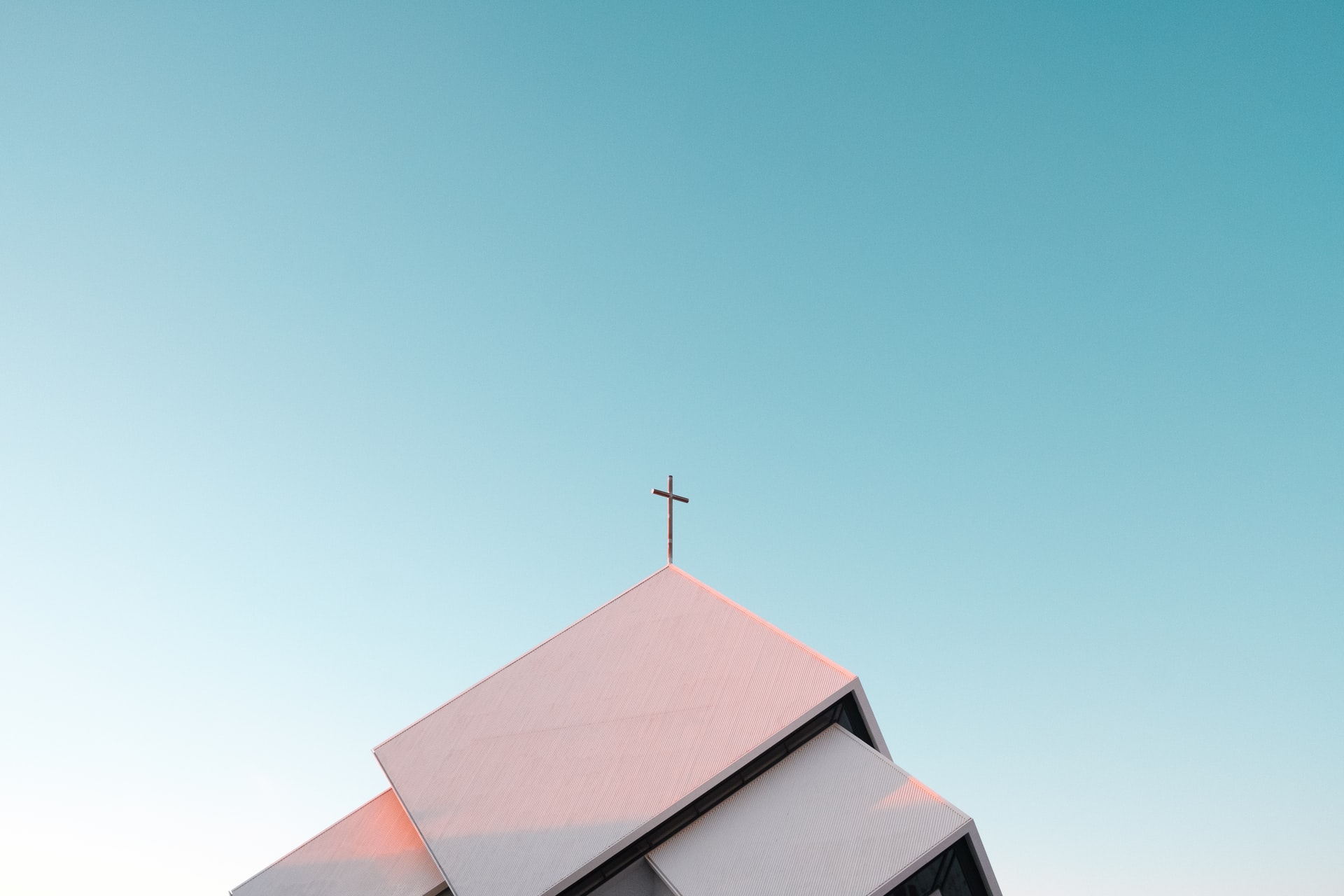News
Attacks on houses of worship are on the rise — and interfaith dialogue may combat this

Houses of worship have long been flashpoints for religiously and ideologically motivated violence. But recent attacks are symptomatic of a rise in hostility directed at others on the basis of their religion. (File photo: Akira Hojo/Unsplash)
On Oct. 29, three people were killed in a brutal attack at the Notre Dame Basilica in Nice. This assault is the latest in a spate of high-profile attacks on houses of worship since 2015.
The attack in Nice took place two weeks after the murder of school teacher Samuel Paty, who had shown his students cartoons denigrating the Prophet Muhammad. French President Emmanuel Macron defended Paty’s actions, igniting protests around the Muslim world. While the killings in Notre Dame are part of an ongoing conflict over free speech and the relationship between Islam and violent extremism in France, they should also be seen as part of a rising global trend in violence directed against people at worship.
Neither the perpetrators nor the victims of these attacks belong to a single religion. In June 2015, nine members of the Emmanuel African Methodist Episcopal Church were killed in Charleston, S.C.; in October 2018, 11 people were killed at the Tree of Life Synagogue in Pittsburgh; in March 2019, 51 died at two mosques in Christchurch, New Zealand; and co-ordinated bombings throughout Sri Lanka in April 2019 resulted in the deaths of 257 people, 145 of whom were attending two churches on Easter Sunday.
Houses of worship have long been flashpoints for religiously and ideologically motivated violence. But recent attacks are symptomatic of a rise in hostility directed at others on the basis of their religion. The perception of houses of worship as gathering places and for ethnic and religious others also increases their symbolic value as targets for politically, religiously and ideologically motivated assailants.
Rise in hostility
Canada has not escaped these trends. The most deadly recent attack on a house of worship occurred in January 2017, when a gunman entered the Islamic Cultural Centre of Quebec City, claiming six lives and injuring 18 others.
According to Statistics Canada, 2017 saw a record high of 842 police-reported hate crimes committed against religious groups, an increase of 86 per cent over 2016. The following year, 2018, saw the second-highest level since 2009, with 639 hate crimes against religious groups, a decrease of 24 per cent since the previous year. And while incidents of hate crimes decreased overall, incidents of assault and mischief towards property used primarily for worship or by an identifiable group rose by six per cent and 43 per cent, respectively.
Houses of worship are especially vulnerable targets for violence. They are often highly visible, open to the public and actively welcoming of strangers and new visitors. Although attendance at religious services has been declining in Canada for decades, houses of worship remain vital community institutions that provide support, connection and meaning for many individuals. This is especially true for recent migrants.
The government of Canada provides funding of up to 50 per cent to increase security measures at houses of worship through its Security Infrastructure Program, however, as a recent study by security consultant Katalin Petho-Kiss has shown, many resist installing proactive security measures, such as installing bars or other barriers, or hiring security guards.
Preventing violence
The night of the attacks in Nice, mourners from across the city came to light candles in memory of the dead in front of Notre Dame. Many of those who gathered were Muslim. In the small town of Lodève, some 400 kilometres from Nice, a group of young Muslim men gathered to stand guard at the Catholic church in the centre of town during All Saints’ Day services. Elyazid Benferhat was one of them: “We needed to do something beyond paying homage to the victims. We said, we will protect churches ourselves.”
Benferhat’s gesture of solidarity was not unique. The aftermath of violent attacks often results in inter-religious dialogue and statements of support for victims of violence.
In 2019, Pope Francis and Ahmad Al-Tayyeb, the Grand Imam of Al-Azhar, met in Abu Dhabi where they co-signed A Document on Human Fraternity for World Peace and Living Together. Among its resolutions, the document states:
“[T]he protection of places of worship — synagogues, churches and mosques — is a duty guaranteed by religions, human values, laws and international agreements. Every attempt to attack places of worship or threaten them by violent assaults, bombings or destruction, is a deviation from the teachings of religions as well as a clear violation of international law.”
Solidarity after disaster
While global religious leaders and local congregations advocate for the values of tolerance and peaceful co-existence, their calls for solidarity are not likely to be heeded by extremists. The challenge is made greater by the expanded reach of religious, ethno-nationalist and populist ideologues made possible by social media.
Still, research suggests that interfaith dialogue may be the most effective means of combating religiously motivated violence. And while dialogue between religions may not be able to prevent all atrocities, solidarity in the wake of violence can help to heal communities in the aftermath of trauma.![]()
Jennifer Otto, Assistant Professor of Religious Studies, University of Lethbridge
This article is republished from The Conversation under a Creative Commons license. Read the original article.





















